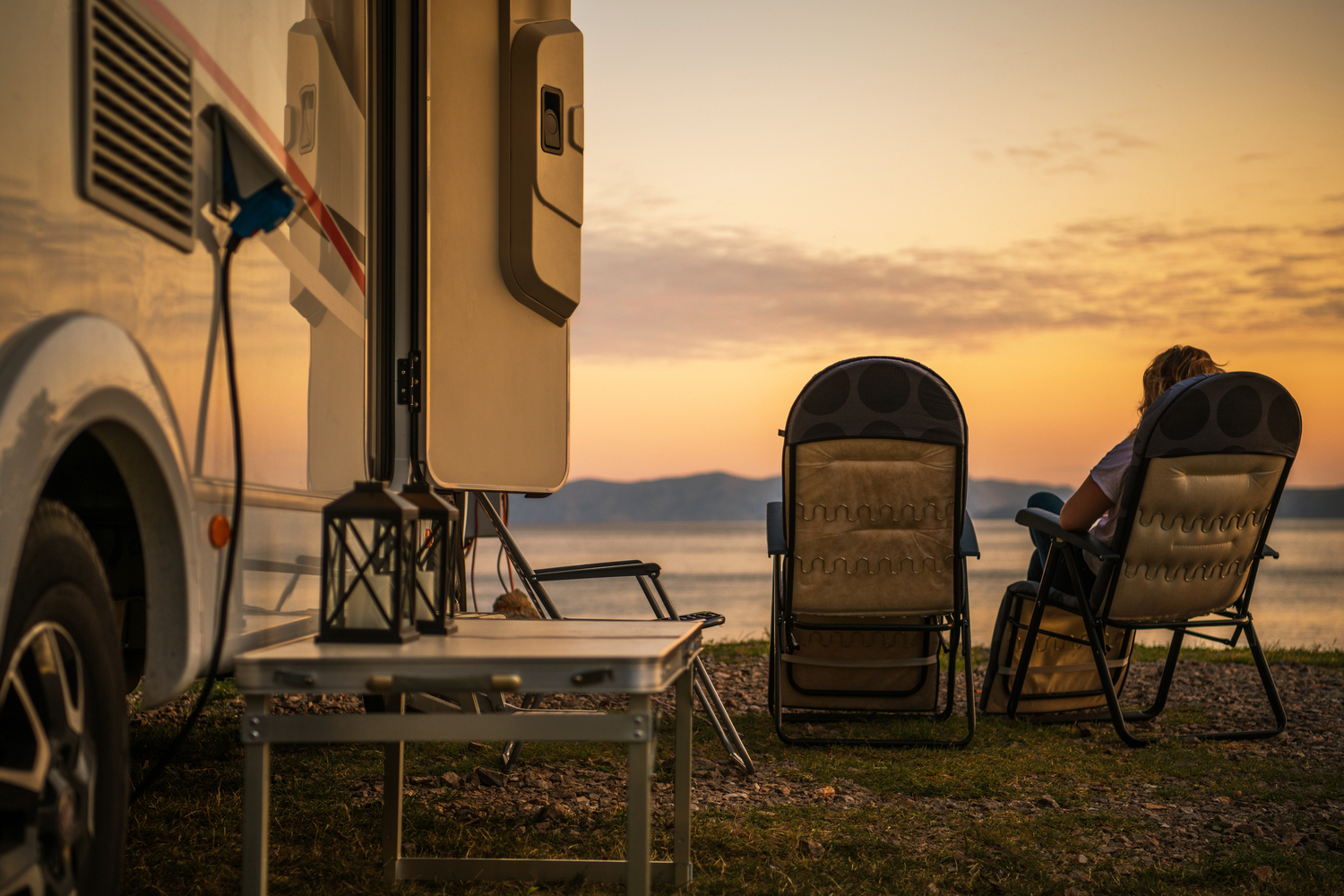
Tips for Buying a Trailer or RV
Recreational vehicles, commonly known as RVs, are great for those who love traveling and camping. An RV is a travel trailer or motorhome that houses living and kitchen quarters, therefore, providing a fridge, stove, bedroom or bunk beds in a “glamping” environment that surpasses tent camping. Based on the size of the RV you buy, you can carry everything that you need for your trip.
An RV offers great flexibility to camping and touring seasonal campgrounds, state parks, and even tourist destinations throughout North America. However, there are several considerations you should take into account when shopping for an RV or travel trailer:
1. Consider starting your search at an RV show
An RV show is an ideal place to find out what you desire in a motorhome or travel trailer. The show atmosphere offers the convenience of having trailers with designs from various manufacturers, all in one place, thus saving your time and traveling cost to different dealerships. An RV show also offers the opportunity to talk directly to factory representatives about their offerings, allowing you to learn more than you can by online shopping. Besides, many manufacturers use RV shows to offer deals and specials on previous year’s models.
2. Tow weight matters
RVs come in different sizes; therefore, it is crucial to choose an appropriate size, especially if you plan to move or tow it. Consider the towing capacity of your vehicle. If you have a small car, it is prudent to shop for a smaller RV that your car can tow. The towing capacity can be calculated by adding up the weight of everything in the vehicle to the RV’s gross vehicle weight. Besides, there are many online calculators to help you determine the maximum towing capacity of your vehicle. Consequently, consider other internal and external dimensions to ensure you buy the most appropriate RV
3. Get an inspection
RV inspection is vital before buying any vehicle. Like buying any motorized vehicle, an RV should be in safe and good condition at the time of purchase. Interestingly, safety inspection is a mandatory requirement in some states for RVs. When buying an RV from a dealership or an individual, it is prudent to contact a third-party inspection expert to conduct the inspection. The inspector will examine the RV for any structural or mechanical defects (i.e., electrical, water hookups, walls, floor, cabinets, and propane utilities).
4. Consider storage off season
Once the camping season is over, you will be required to set up your RV for storage. It is essential to have a storage space booked (i.e., some seasonal parks let residents leave RVs parked and winterized for winter) in order to protect your travel trailer from adverse winter conditions. First, find a safe place to store it. You can store it at your home (i.e., garage or driveway) or rent a storage space in a storage unit (i.e., some marinas also wrap and store trailers for a fee). Inspect your RV and clean the interior and exterior. Make sure you drain the water system and winterize it properly. Afterward, disconnect the battery and propane hookups, and cover the travel trailer to protect it from moisture and mold
5. Look for deals at the end of camping season
The purchase of RVs fluctuates through the year, peaking at summer and spring when many people are interested in camping. During these warmer seasons, dealerships are unlikely to offer discounts since many people are in the market for travel trailers. However, during cold seasons, RV dealerships close fewer deals. Consequently, they are likely to offer incentives and discounts to help them increase their sales. Besides, some people may want to sell RV off season. Therefore, the end of camping season is the best time to purchase a new or used RV.



